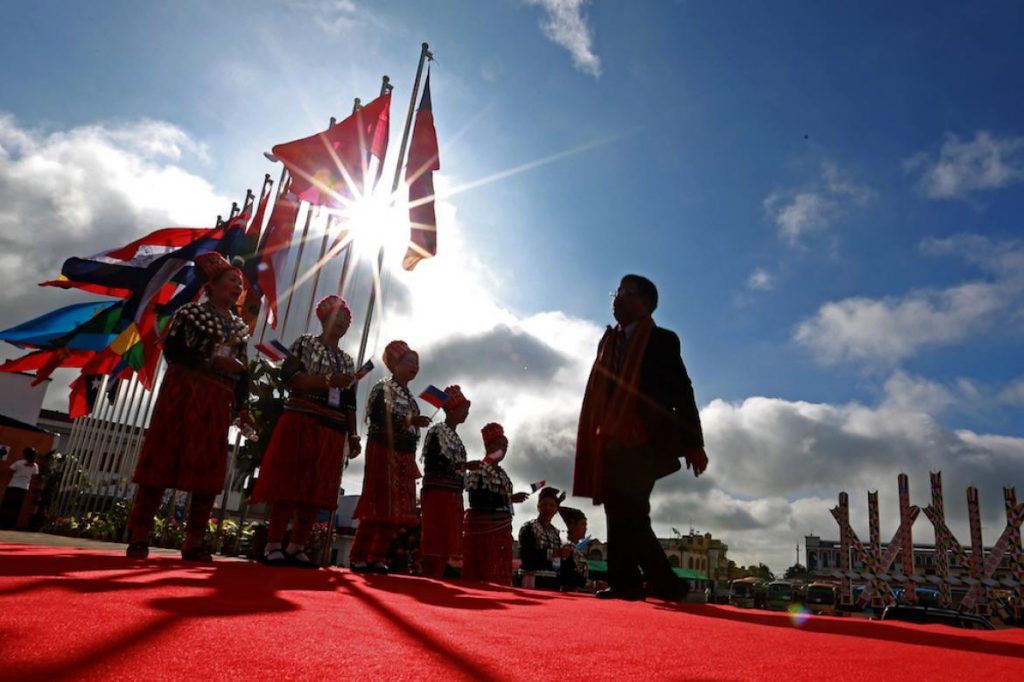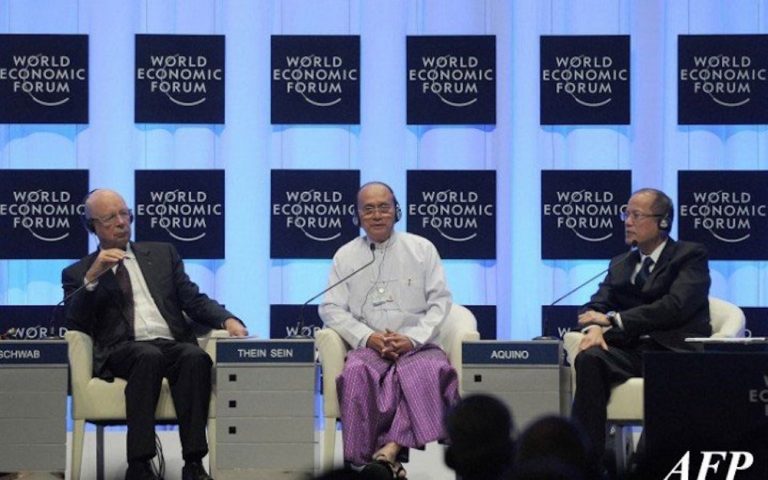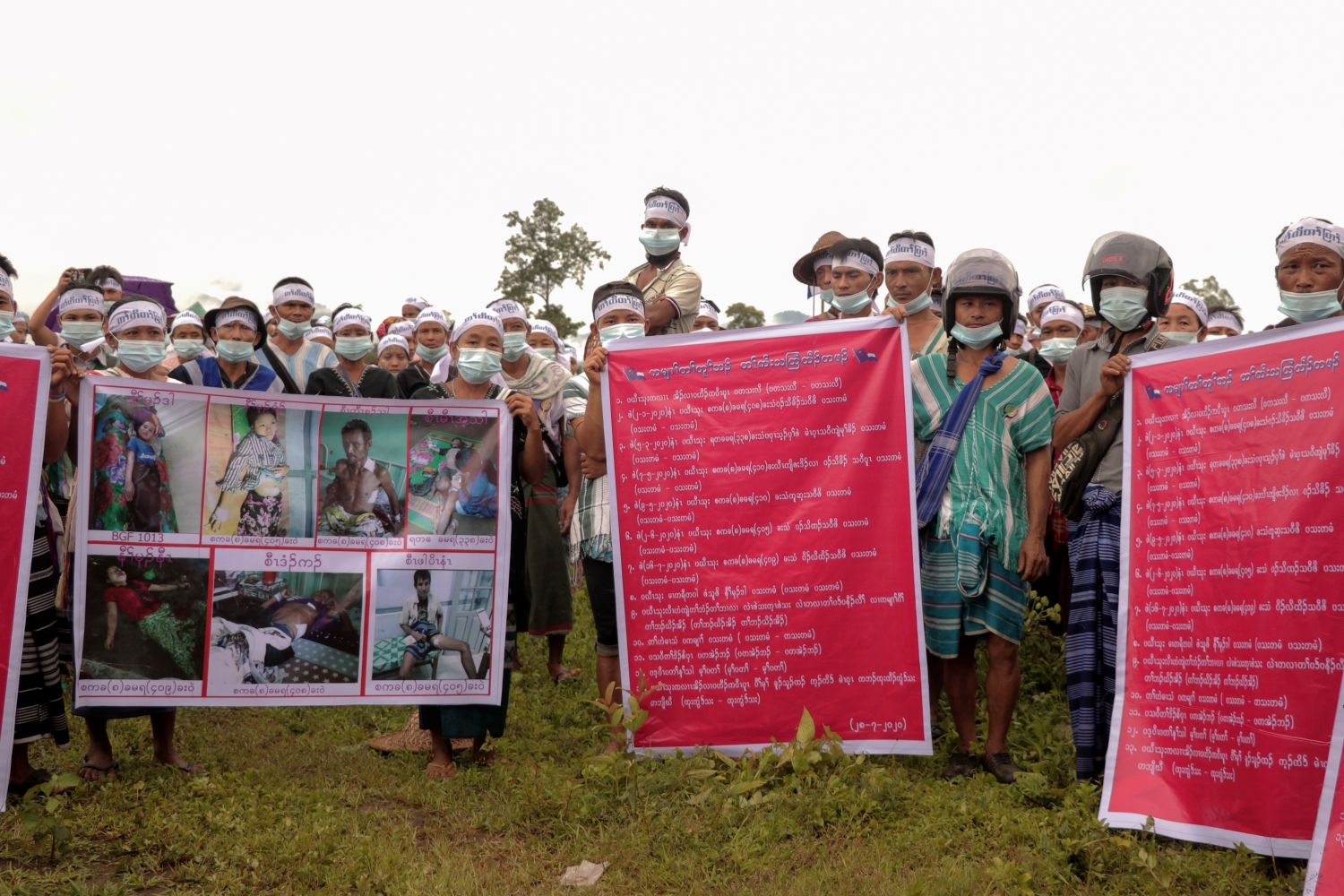By NYAN HLAING LYNN | FRONTIER
NAY PYI TAW — No decisions will be made at the 21st Century Panglong conference, negotiators said on Monday, after they conceded that there was not enough time to make the necessary changes to the political dialogue framework.
Members of the Union Peace Dialogue Joint Committee agreed at a meeting in Nay Pyi Taw on August 15 that the meeting would be all-inclusive, with all ethnic armed groups allowed to attend. Participants will focus on presenting their respective policies, UPDJC members told Frontier.
“It will be held according to the principle of all-inclusiveness. Each party can present its own policy but there won’t be any discussion or decisions made,” said Pado Saw Kwe Htoo Win, a deputy chairman of the UPDJC representing ethnic armed groups.
Earlier this month, Daw Aung San Suu Kyi set August 31 as the deadline for the start of the Panglong conference. However, negotiations have continued over which groups will be allowed – or willing – to participate.
Support more independent journalism like this. Sign up to be a Frontier member.
In 2015, the Tatmadaw had blocked three ethnic armies – the Myanmar National Democratic Alliance Army, the Ta’ang National Liberation Army and the Arakan Army – from the peace process due to their role in the Kokang offensive in February of that year. This split the armed groups, with eight signing the nationwide ceasefire agreement in October and a similar number boycotting.
In recent weeks negotiators said the three groups would be allowed to attend if they agreed in principle to surrender their weapons. The majority of ethnic armed groups have since agreed to participate in the conference.
U Zaw Htay, deputy director general of the President’s Office and a government representative on the 21st Century Panglong Preparatory Committee, confirmed the decision taken by the UPDJC yesterday.
He said the inability of the UPDJC to amend the framework prior to the conference meant that armed groups that had not signed the nationwide ceasefire agreement could not attend as “representatives”. To get around this problem, all of those invited will be referred to as “participants”.
Daw Aung San Suu Kyi will personally sign the invitations and ensure that no group is left out, he said.
The government plans to hold peace conferences every six months, Zaw Htay added.
Speaking at yesterday’s meeting, Daw Aung San Suu Kyi stressed the important of the resolution of Myanmar’s ethnic conflicts for the country’s future.
“From the beginning, we must approach the problem with the determination to succeed and the belief we will overcome all difficulties,” she said in her opening address.







